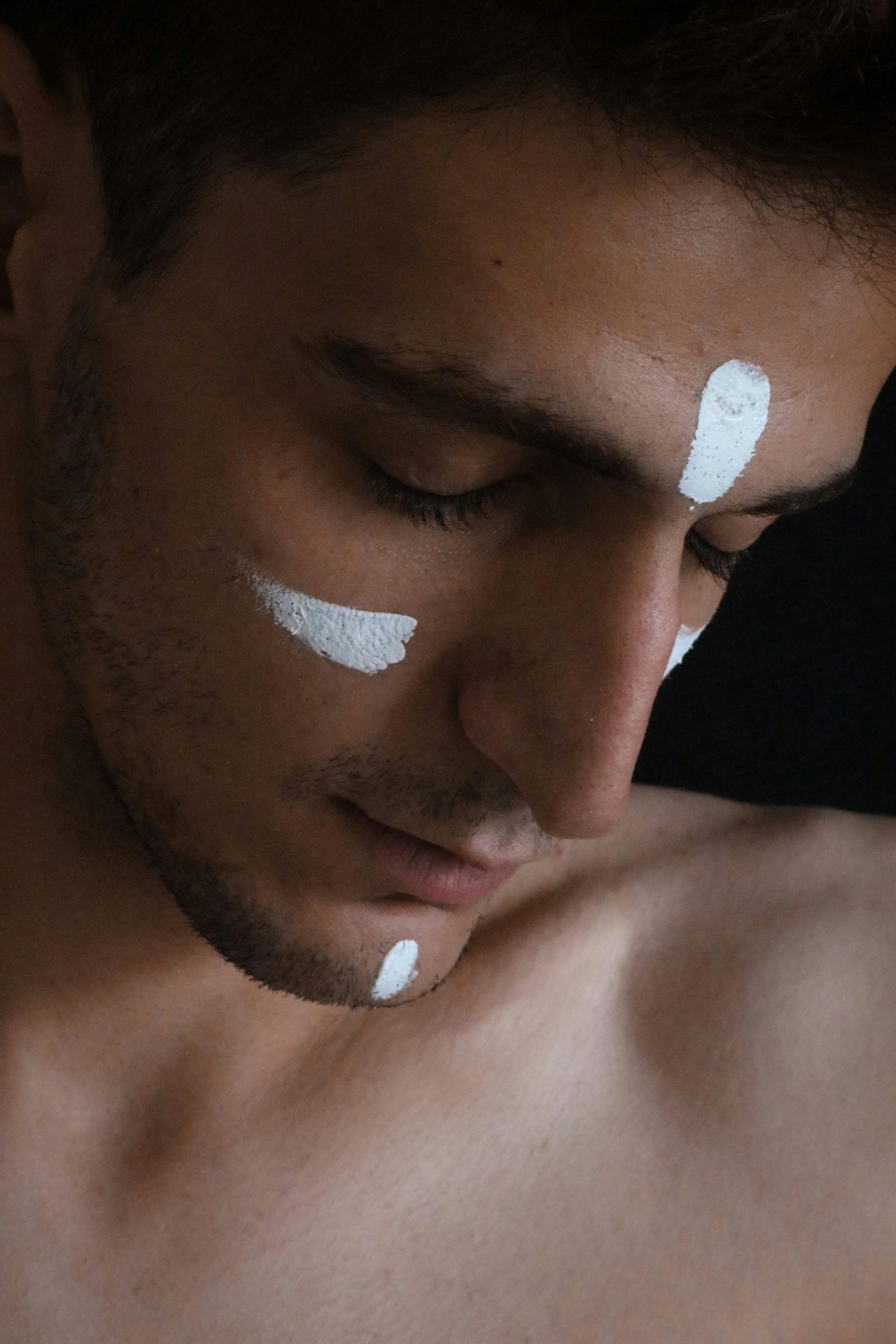I remember the day I first heard about testosterone replacement therapy side effects. They sounded intimidating: mood swings, acne, and even fluid retention. But I was also dealing with plummeting energy levels and a diminished sense of self. That left me weighing risk versus reward in a whole new light.
Why I chose therapy
A year ago, I felt like I was slogging through each day. My usual pep vanished, and my confidence took a sudden nosedive. When I discovered low testosterone might be at play, I felt both relief and concern. Relief, because there was a potential fix. Concern, because jumping into any hormone therapy can come with baggage.
My tipping point
- Unexplained fatigue every morning, no matter how much sleep I got
- Harder time building muscle at the gym
- Declining motivation for daily activities I used to enjoy
Once I started connecting the dots, I spoke to a doctor, got a thorough checkup, and found out my testosterone levels were definitely on the lower end.
Facing the early changes
I expected immediate improvements, but that’s not how hormones work. Within the first few weeks, I noticed my sleep patterns were better, which was a pleasant surprise. Then, subtle changes emerged that weren’t so pleasant—my skin got oily, and I felt a bit edgy now and then.
Emotional ups and downs
- Occasional irritability as my body adapted to new hormone levels
- A mix of hopeful excitement and lingering doubt about what was happening
It helped to keep a simple journal, noting how I felt day to day. Seeing patterns on paper allowed me to manage those waves of emotion better.
Managing the mood shifts
Mood swings caught me off guard. One day I’d be on top of the world, and the next day, I’d feel a bit moody for no real reason. It wasn’t drastic, but enough to notice.
My coping tricks
- Breathing techniques: Taking a moment to slow my breathing often kept me from overreacting.
- Light exercise breaks: A quick walk or some stretching cleared my mind.
- Support network: A friend who understands hormone therapy can do wonders for perspective.
Watching for physical side effects
Besides mood, physical changes showed up too. My skin transformed from dry to oily, which meant more breakouts. At the same time, I started to see minor fluid retention around my ankles.
Learning to adjust
- Switching to oil-free face washes
- Watching salt intake to help reduce swelling
- Staying well-hydrated to maintain overall balance
I reminded myself that these issues weren’t permanent and might ease as my body got used to the therapy.
My energy and libido boost
Despite the bumps, there was a major benefit that kept me going: increased energy and a healthier sex drive. Waking up felt easier, and my workouts improved. The renewed vigor also helped me face daily stress with more grit.
Why it mattered
- Improved stamina at the gym and during daily chores
- Better mood overall, when the small side effects weren’t taking front stage
- Sense of regaining control over my life
Finding balance with guidance
At times, I was tempted to tinker with doses on my own, thinking I could rush the good stuff or dodge the annoying parts. That’s never wise. Instead, I kept my appointments, did regular blood tests, and asked open-ended questions.
Questions I asked my doctor
- “How long might side effects last?”
- “What are red flags to watch for?”
- “Is there an alternative approach if certain issues persist?”
These conversations gave me clarity and made the therapy feel like a guided journey, rather than a guess-and-check experiment.
Accepting the whole experience
Over the past year, I’ve learned that testosterone therapy is not a magic wand. The side effects of testosterone replacement therapy can happen, but they also can be managed with the right approach. Patience has been my ally, along with a willingness to adapt.
Key insights
- Patience makes a big difference in hormone therapy
- Monitoring changes, both physical and emotional, is vital
- Ongoing communication with a health professional is non-negotiable
Wrapping up my journey
If you find yourself in a similar spot, wondering whether to start testosterone therapy, I hope my story reassures you that the process is manageable and sometimes life-changing. The side effects felt unnerving at first, but with the right coping strategies, doctor oversight, and daily patience, they became just another step along the way.
I’m still on this path, but I’m more optimistic now than when I started. Feel free to share your own journey or concerns in the comments. We’re all here to support each other, and hearing another perspective can make all the difference.

Leave a Reply